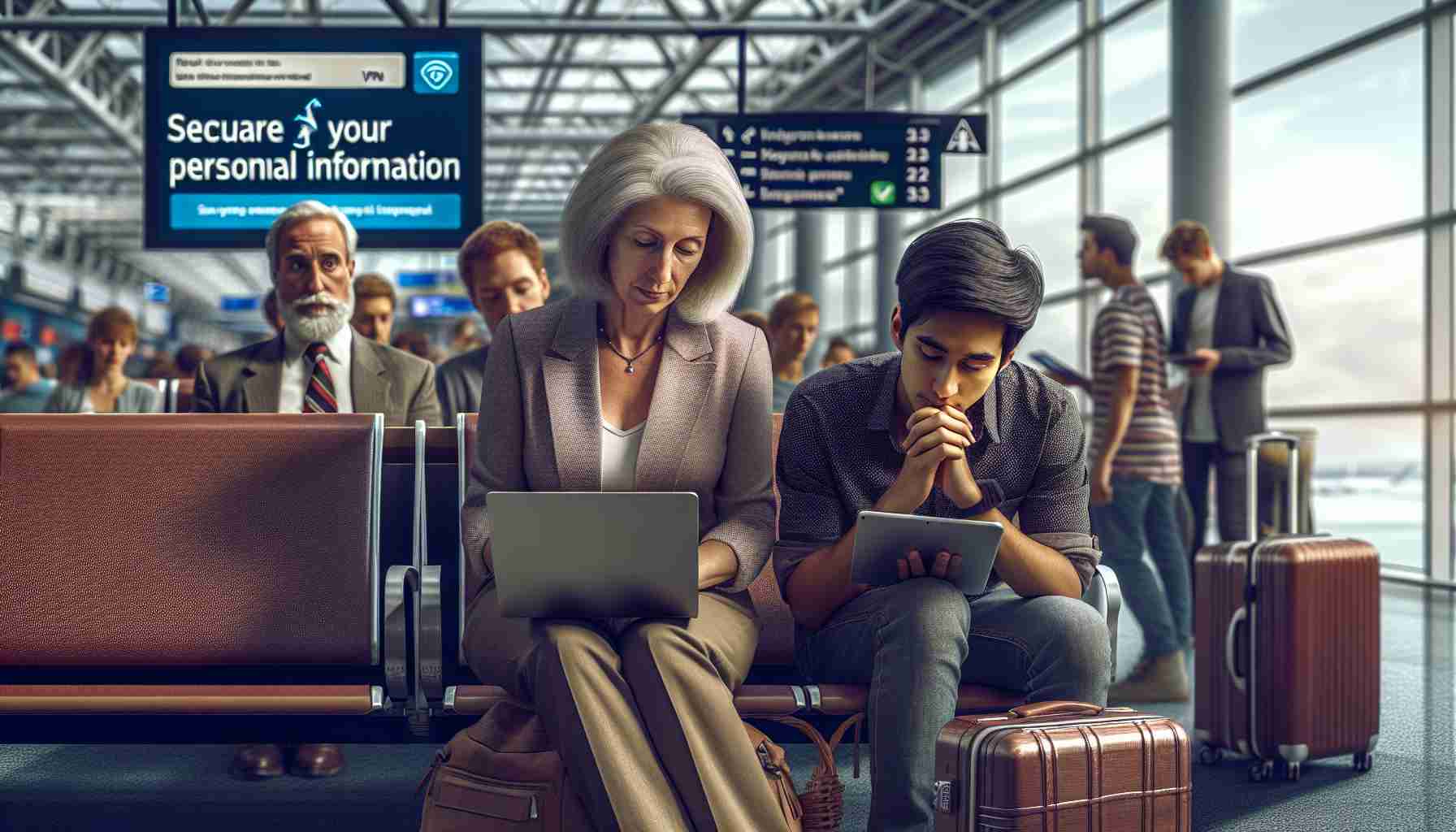As the holiday season approaches, it’s essential to remain vigilant about personal information security while enjoying trips. Authorities have urged travelers to take precautions to avoid the potential risks of information leakage.
One key recommendation is to refrain from sharing sensitive travel documents, such as train and flight tickets, which can contain personal identifiers like ID numbers. Additionally, posting pictures of house keys could allow wrongdoers to duplicate them, especially given the clarity offered by modern photography.
It’s also wise to avoid revealing location details online. Sharing photos tagged with specific locations might unintentionally expose your home address, inviting unwanted attention. When sharing images of vehicles, it’s important to obscure license plates to prevent identity theft.
Moreover, protecting the information of vulnerable individuals, such as children and the elderly, is crucial. Posting identifiable images or names could lead to exploitation by malicious actors.
When using public Wi-Fi, users should be cautious and prefer networks with a clear source. Avoid accessing sensitive accounts or conducting online transactions on unsecured connections.
Lastly, the disposal of old devices should not be taken lightly. A simple factory reset may not guarantee the deletion of personal data. Overwriting the device with non-sensitive information can add another layer of security before recycling it.
Stay alert and prioritize your safety during trips, ensuring a worry-free holiday experience!
Essential Tips for Safe Travel During the Holiday Season
As the holiday season kicks into high gear, many of us are packing our bags and preparing for exciting trips. However, with the joy of travel comes the responsibility of protecting our personal information. Here are some valuable tips, life hacks, and interesting facts to keep in mind to ensure your information stays secure while you enjoy your adventures.
1. Safeguard Sensitive Documents
When traveling, be mindful of sharing any sensitive travel documents, such as flight tickets or itineraries. These documents often contain personal identifiers, including your name, address, and ID numbers. Consider keeping digital copies stored securely on your phone or in a secure cloud service to minimize physical copies.
2. Think Before You Post
Social media can be a hotspot for showcasing your travel adventures. Remember to avoid posting live updates or tagged locations that reveal where you are at that exact moment. This could inadvertently disclose your home address, leading to security risks. You might consider waiting until you return home to share your precious memories.
3. Protect Your Privacy with Photos
When sharing pictures, particularly those of your vehicle or belongings, take a moment to blur or obscure any identifiable information, especially license plates or home landmarks. This will help to keep you and your possessions safe from prying eyes.
4. Keep Vulnerable Individuals in Mind
If traveling with children or elderly family members, be extra cautious about sharing images or names that could identify them online. Malicious actors often exploit identifiable information, so consider limiting online exposure for those who may be more vulnerable.
5. Use Secure Wi-Fi Networks
Public Wi-Fi can be convenient, but it also poses significant risks. Always opt for networks with a clear source and password protection. For added security, avoid logging into sensitive accounts or making transactions when connected to public Wi-Fi. Instead, use a virtual private network (VPN) to encrypt your online activity.
6. Dispose of Old Devices Wisely
Upgrading your devices? Don’t forget about proper data disposal. A factory reset may not erase all personal information from your old devices. To ensure no one can retrieve your data, consider overwriting the device with non-sensitive information or using data wiping software before recycling or disposing of it.
7. Embrace Biosecurity Measures
Utilize biometric security features like fingerprint or facial recognition on your devices. This adds an extra layer of protection, making it much harder for unauthorized users to access your personal information.
8. Stay Aware of Phishing Scams
Be on the lookout for phishing scams that often peak during the holiday season. These scams can come in various forms, including emails or messages that appear to be from trusted airlines or travel websites. Always verify the source before clicking any links or providing personal information.
In conclusion, being cautious and proactive about your personal information can vastly improve your safety during travel. The holiday season is a time for celebration and relaxation, so take these tips to heart and enjoy a secure and worry-free trip! For more travel safety tips, visit Travelers.




























